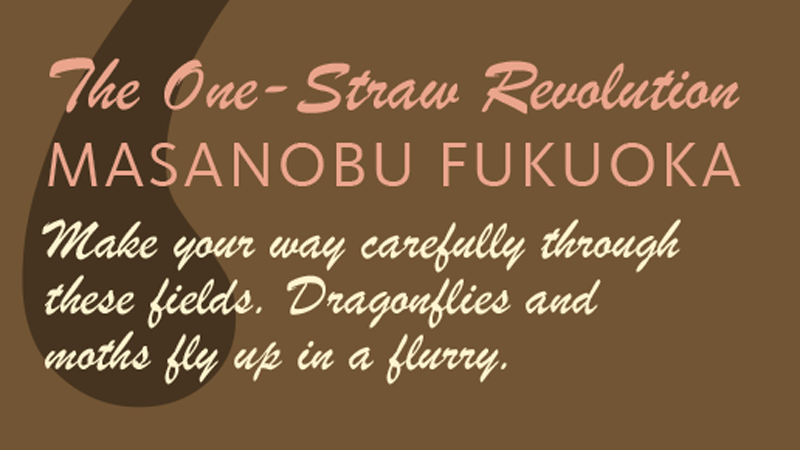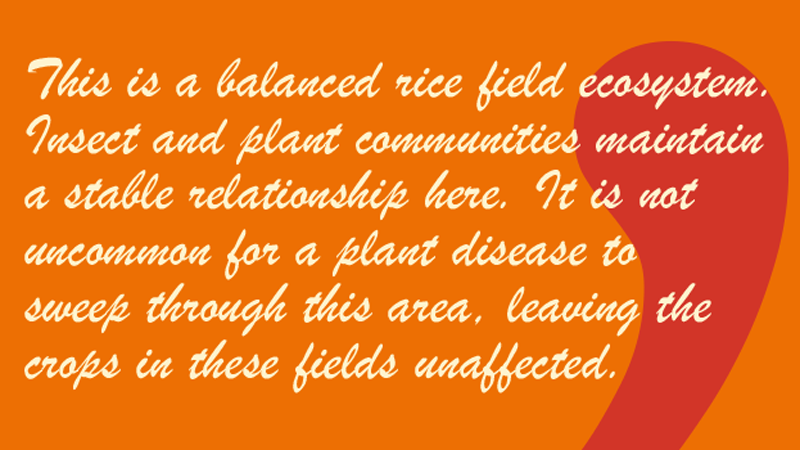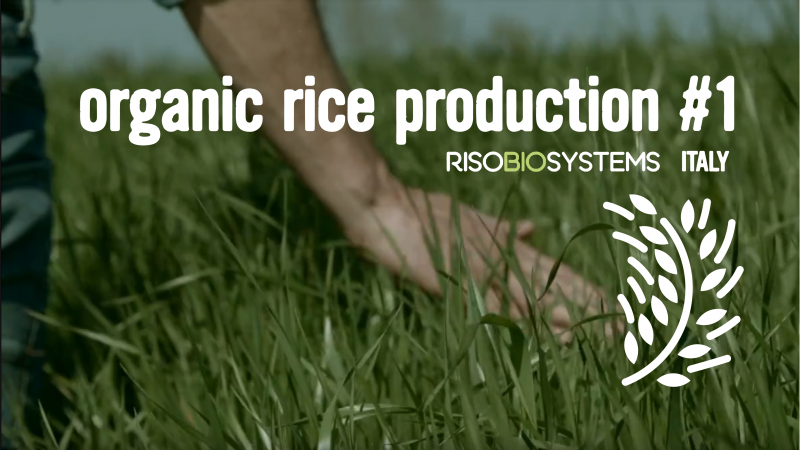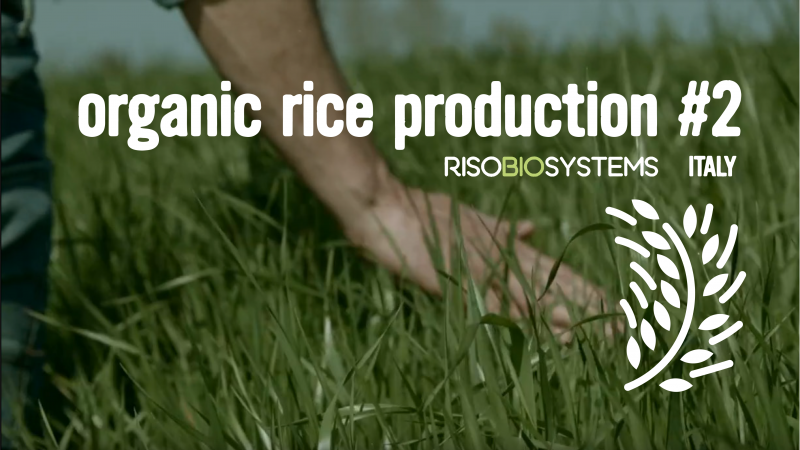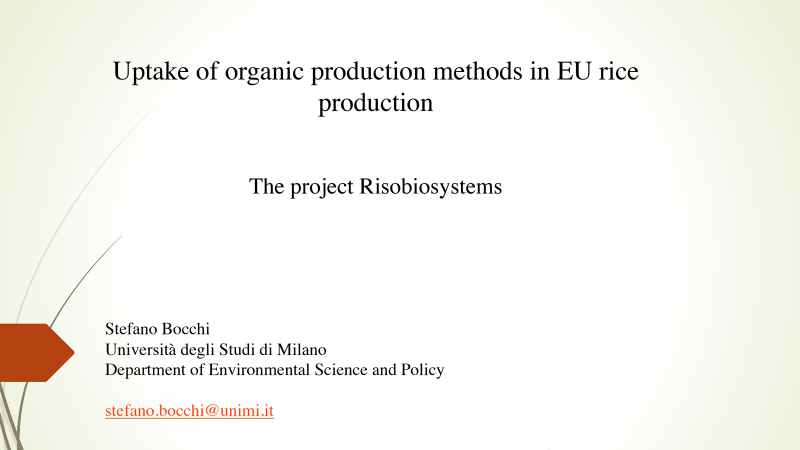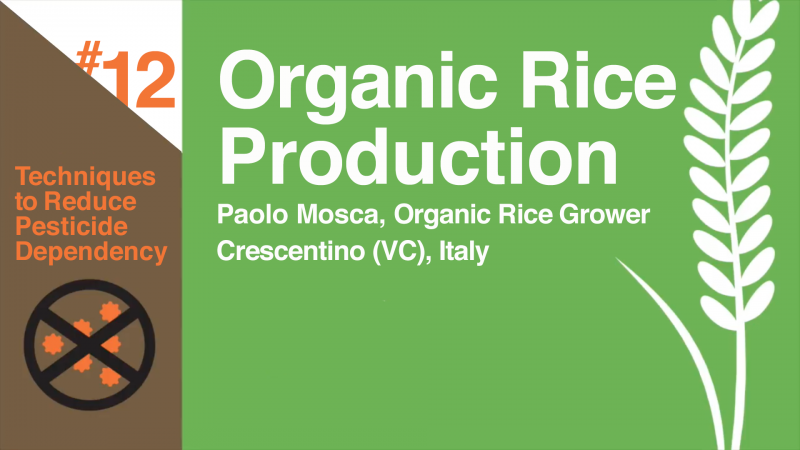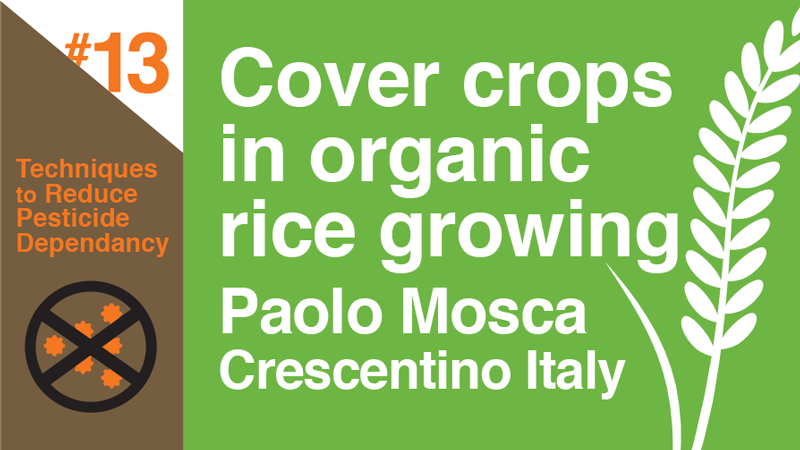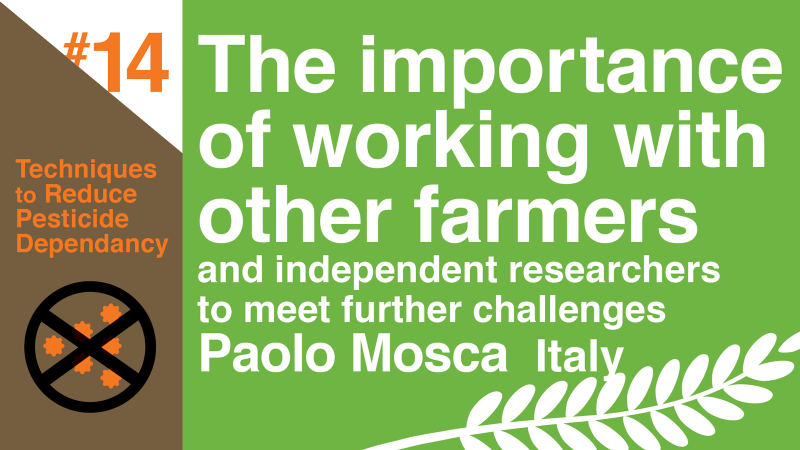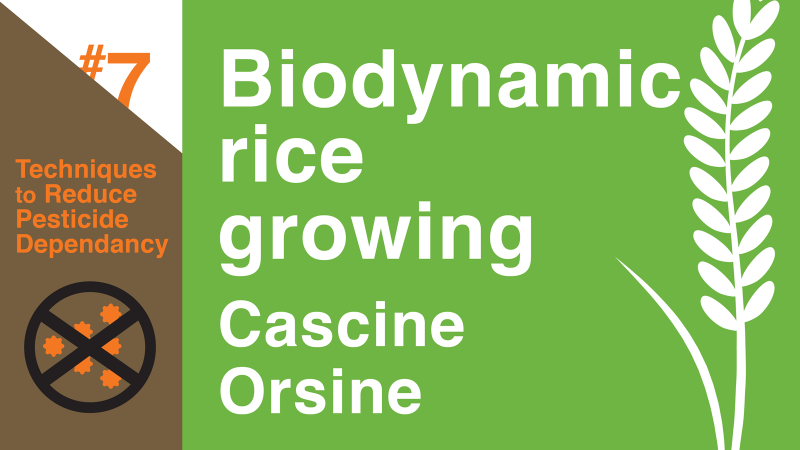Changing rice production in Europe
New approaches to phase out pesticides
Rice-growing is a traditional production in several southern European countries. As a cereal crop and like other agricultural products, a combination of research on good agronomic practices and financial and economic incentives
can help reduce the dependency of farmers on pesticides and contribute to the resilience of their activities as well as to environmental recovery.
Agronomic practices
When it comes to rice production, several practices stand out. However, one has to bear in mind that, as farms are to be considered as “systems”, agroecological practices are powerful if thought together.
Cover crops is a key practice for its multiple benefits:
-
Covering the soil prevents weeds from growing and thus allows a reduction of herbicide use.
-
The use of legumes as cover crops enhances the fertility of the soil through nitrogen fixation.
-
A constant coverage of the soil finally enhance the structure of the soil and helps managing water input better.
Constant crop rotations are also a crucial component of rice and more generally cereals production:
-
The breaking of pest and disease cycles thanks to the alternance of different crop species allows the reduction of pesticide use.
-
Leaving cover crop residues on the field such as straw helps maintaining a healthy and structured soil, that in returns enhance crop resilience and resistance against pests.
Non-crop vegetation enhancing biodiversity in the fields.
Practices such as flower strips, enhancing beneficial insects and overall biodiversity in the fields, are keys to establish more balanced agroecosystems.
Organisation
Participative research to change practices.
Collaborative research projects between scientists and farmers are flourishing in Europe and create synergies that move the transition further. The risobiosystems project gathers researchers of the University of Milano and rice farmers in the North of Italy. The project aims at following the impacts of cover crops (mulching, allelopathic effects), assessing the sustainability of the farms studied but also the effects of farmers’participation in the dissemination of scientific results.
New markets to support the uptake of agroecological practices in rice cultivation.
Using forgotten crop varieties better fit for the local environment is part of the approach towards uptake of agroecological practices. This will currently require creating markets for such products.
Agroecology, participative research and supportive and fair marketing of agricultural products: those practices not only apply to rice production, but are the new basis on which arable production and the overall European agriculture has to rely on to reduce its impact on biodiversity and health and become more resilient.
A wider dissemination of this new approach of farming is only possible if European institutions finally take the plunge: to achieve the needed and in-depth change of our agriculture, sufficient funds needs to be directed towards agroecological transition and financial tools such as the CAP have to be reshaped to fit with the new practices farmers have to endorse.


